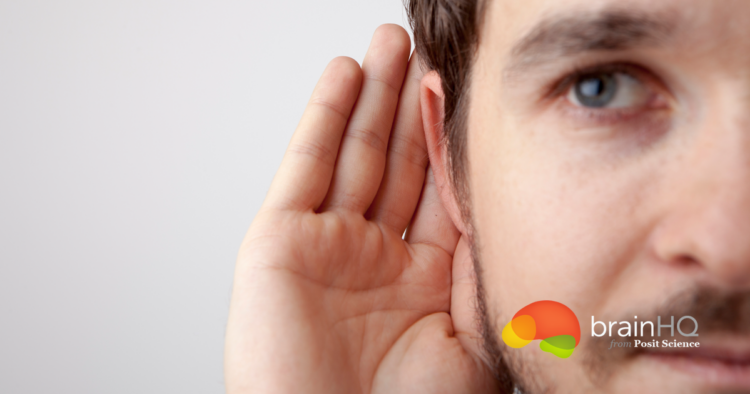Lessons from the Hand and Mind Symposium
I had the great pleasure of attending a symposium held in the College of Education at my alma mater, the University of Portland, focused on this interesting subject, and the implications that it bears for effective learning and teaching. My co-participants were distinguished professors in linguistics and education science (Ellyn Arwood and Richard Christen), and…


